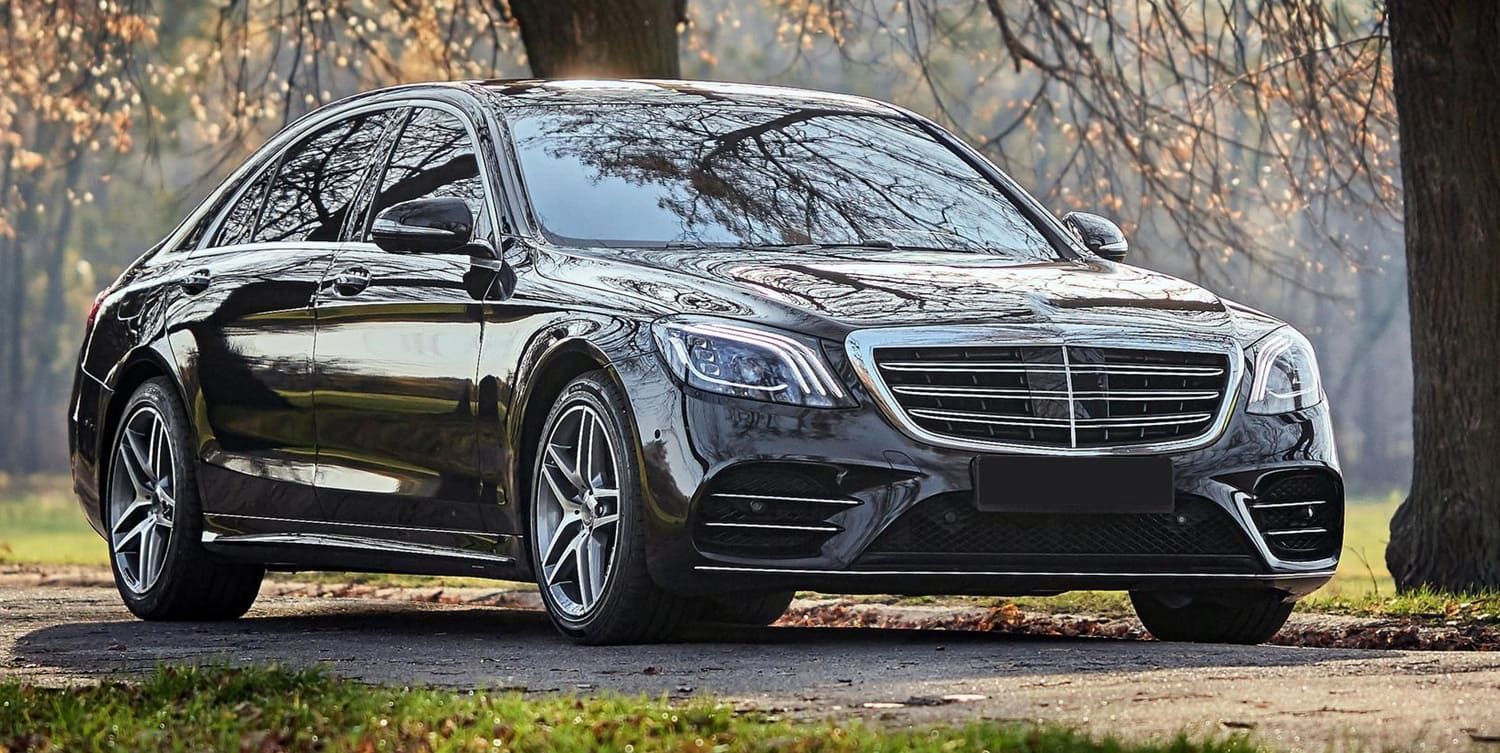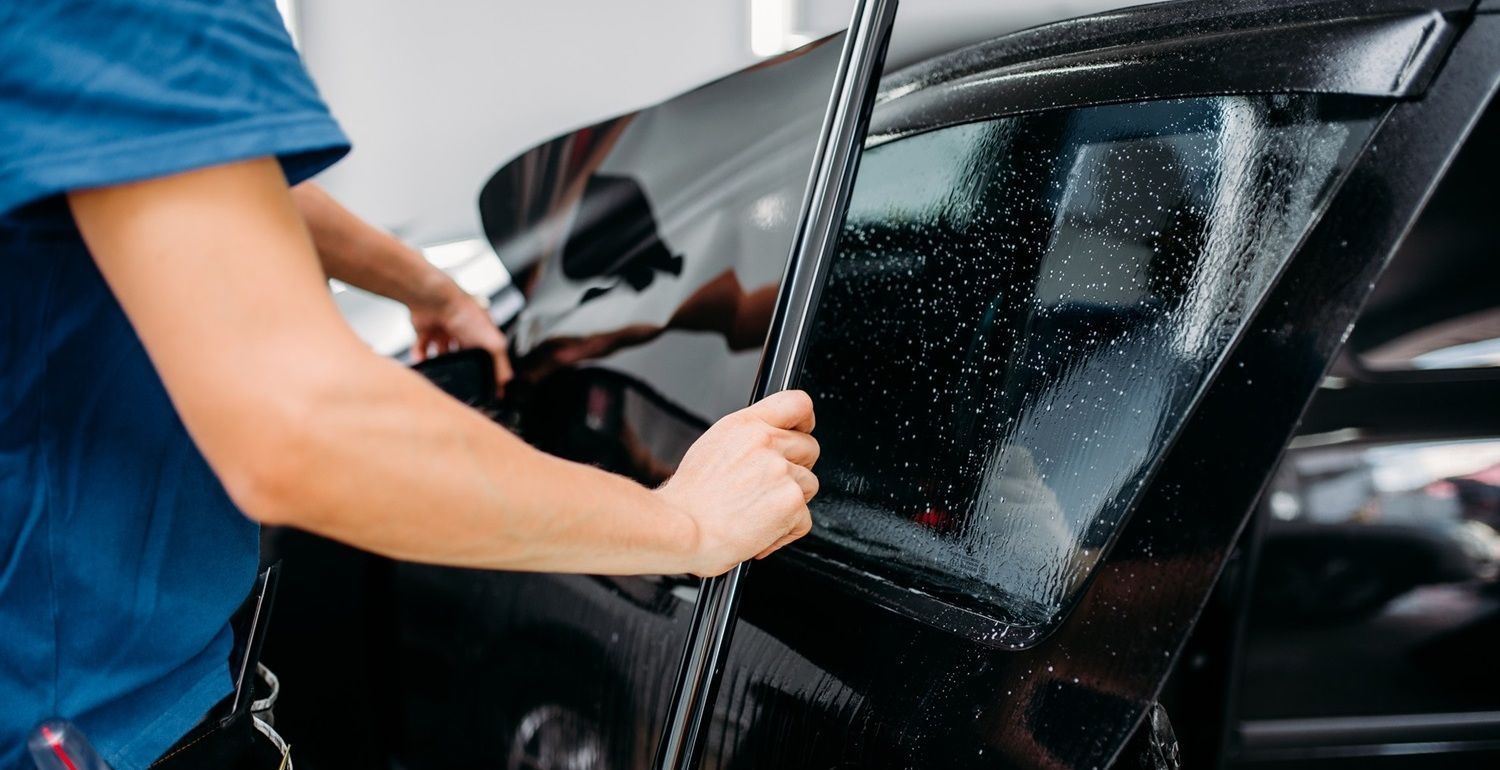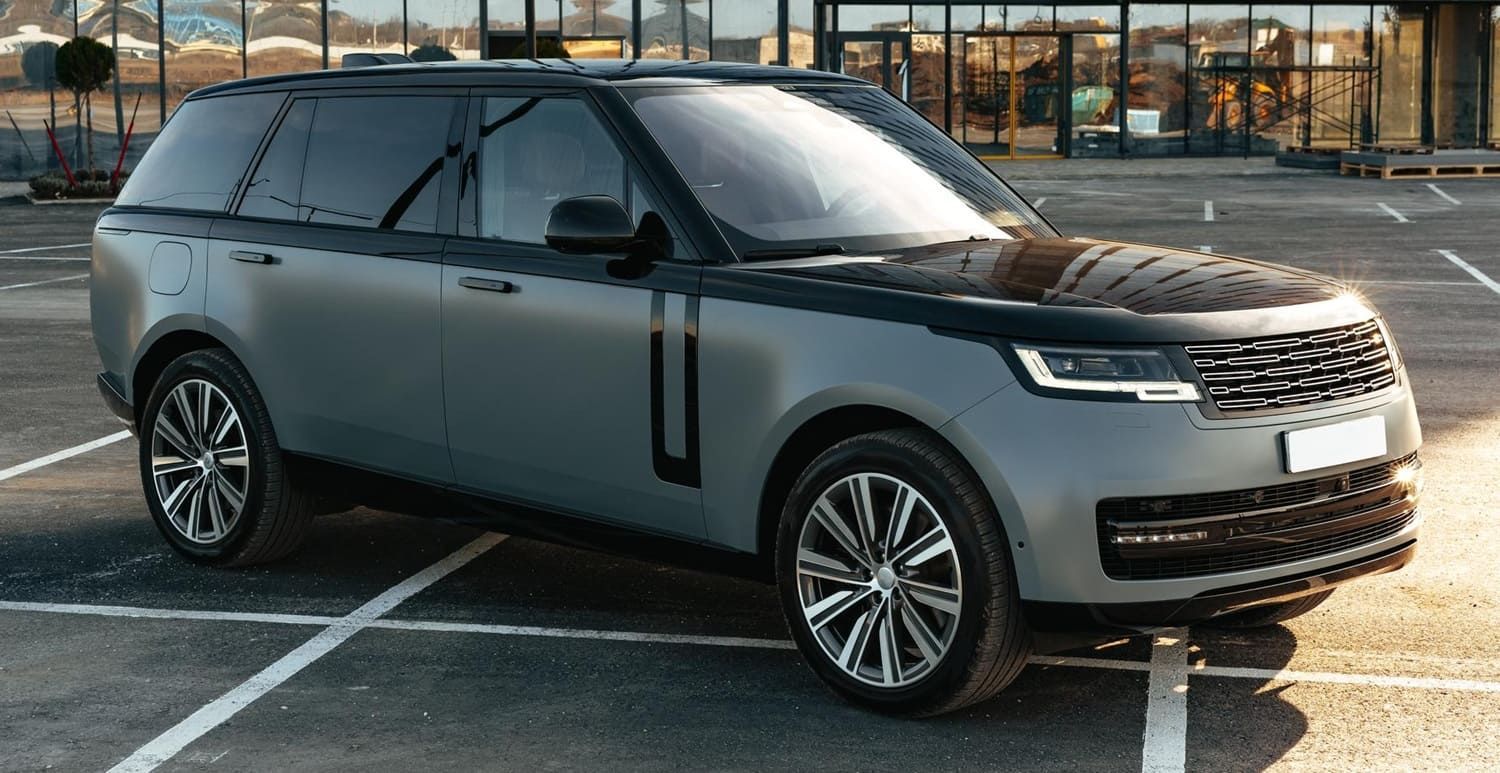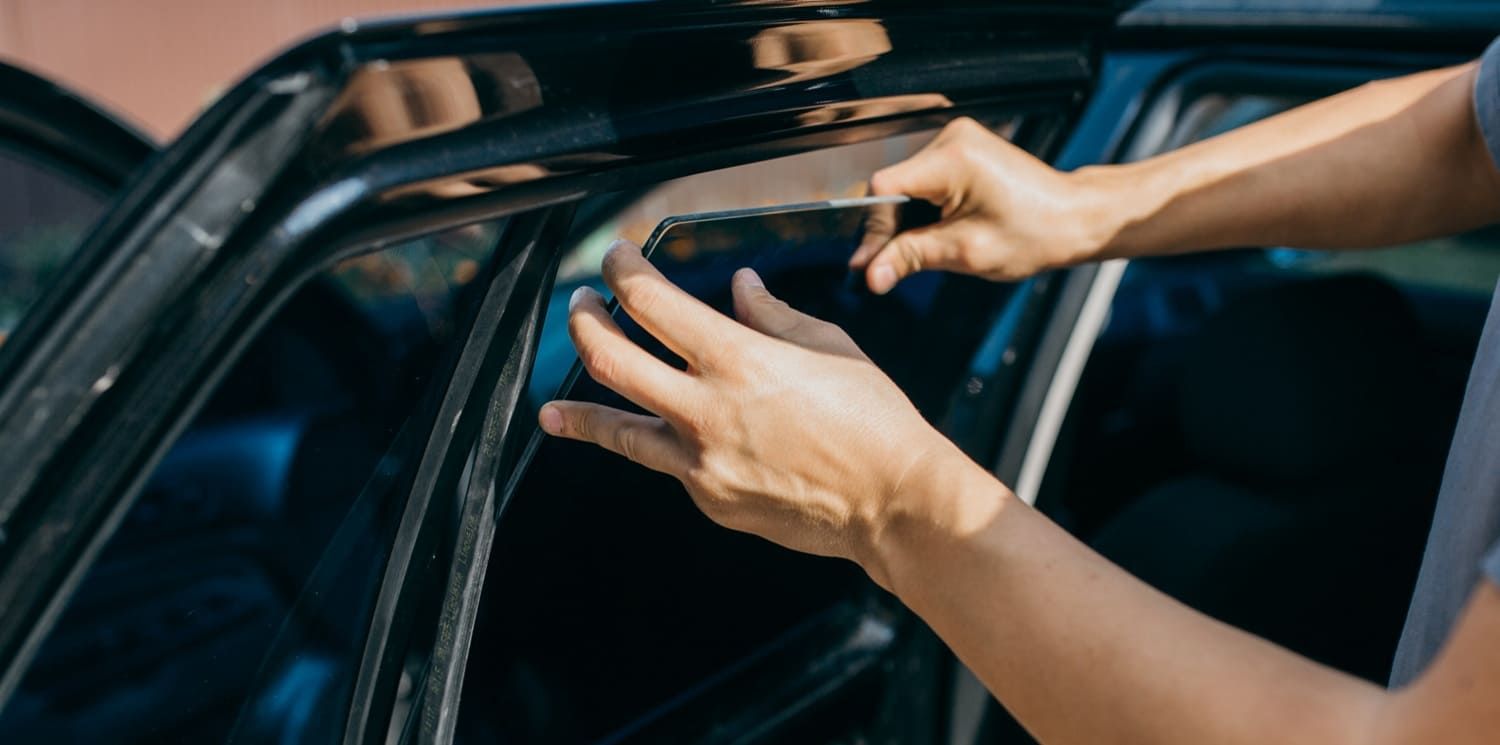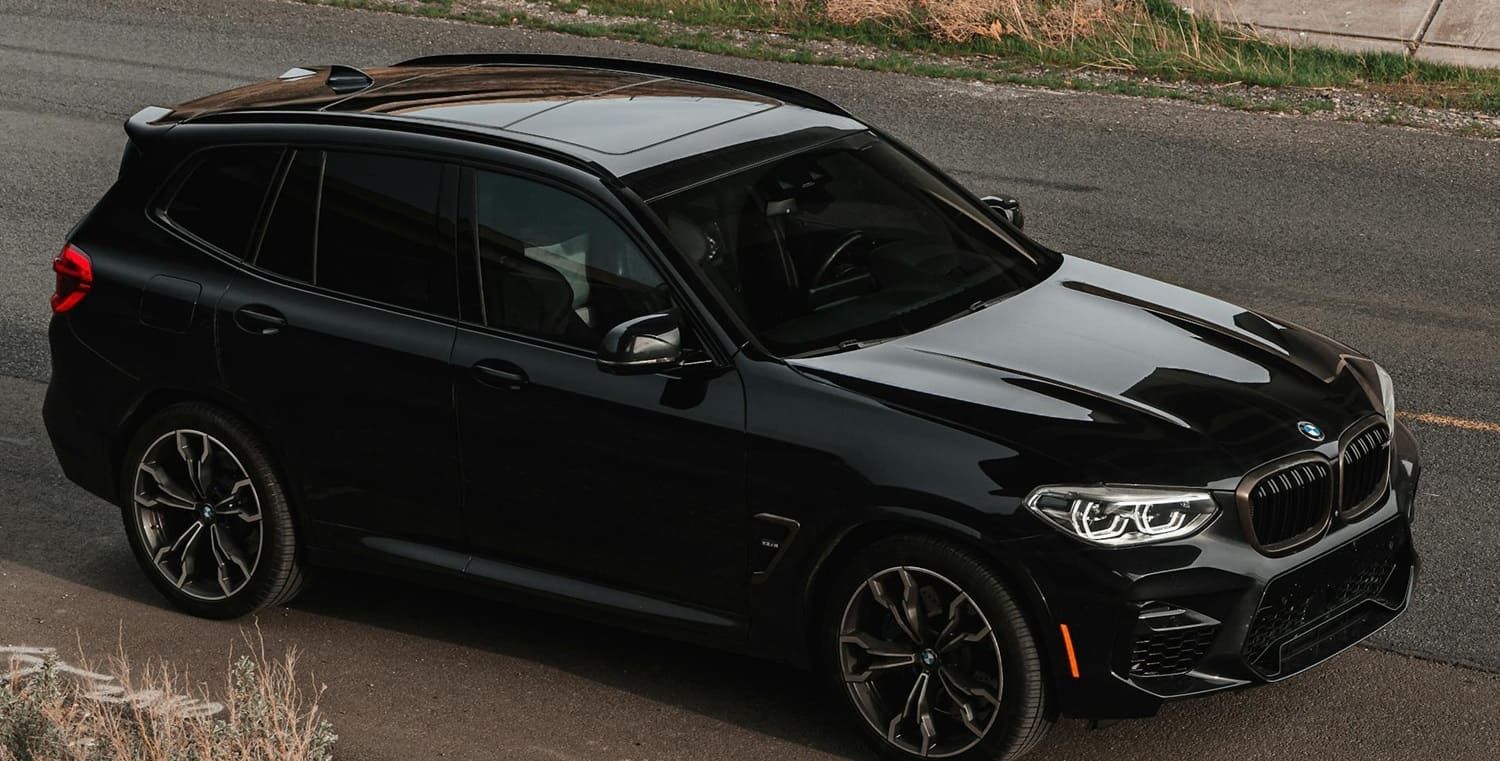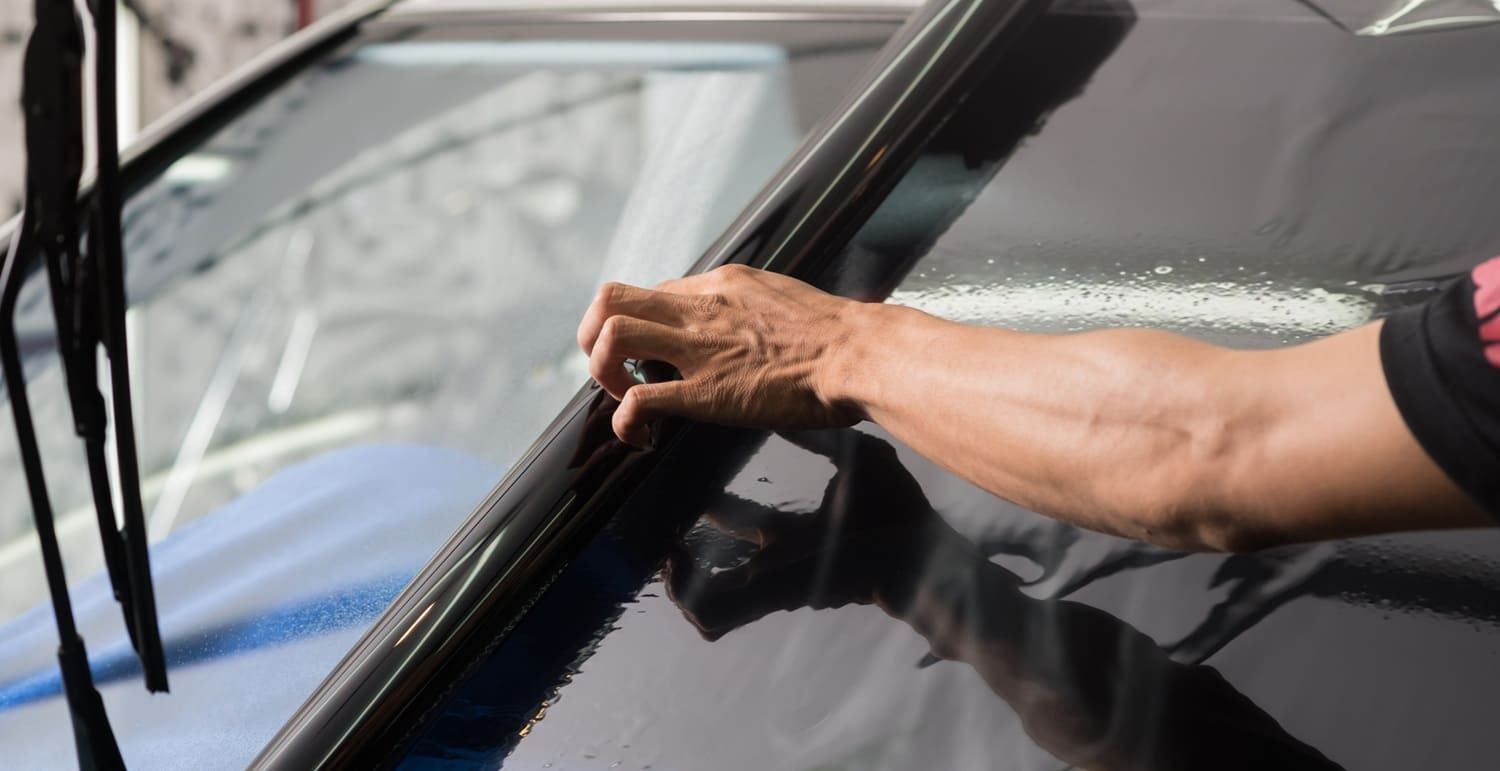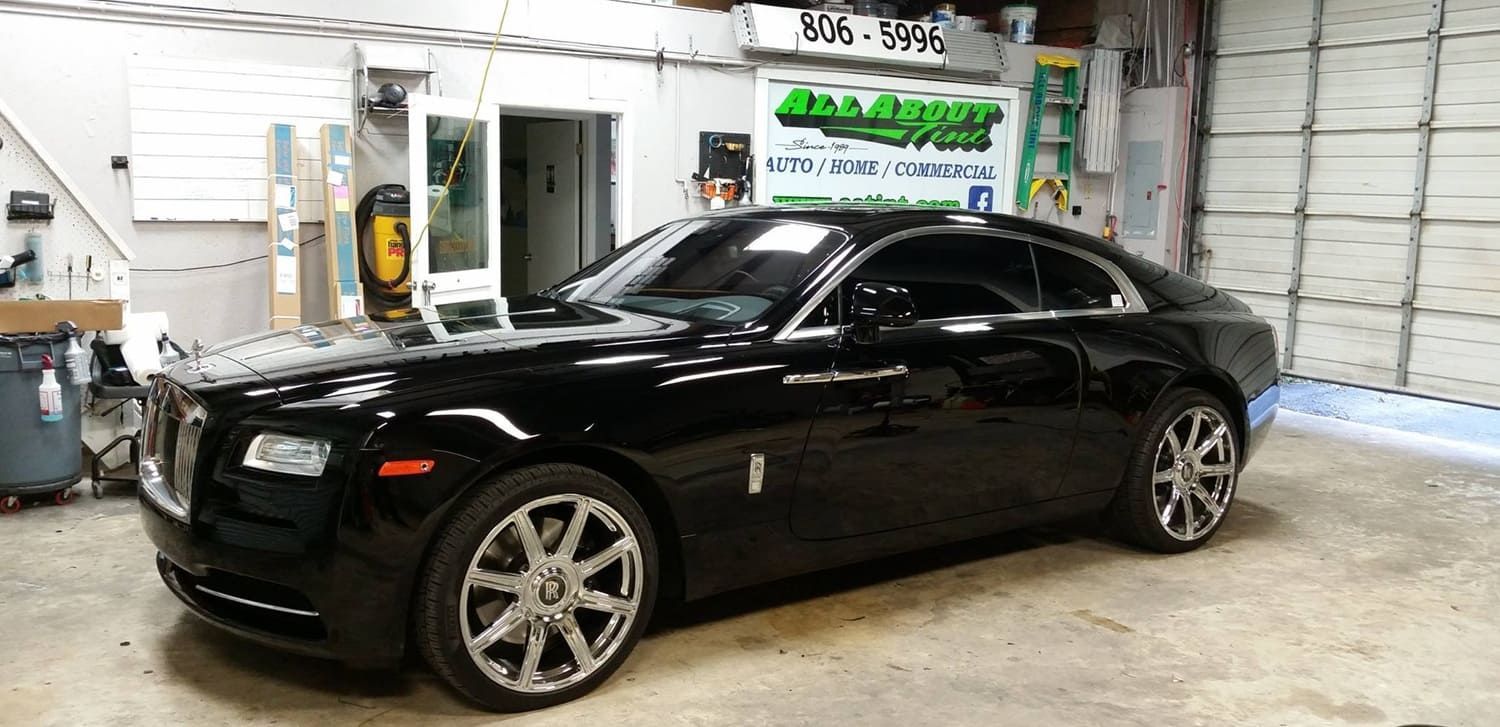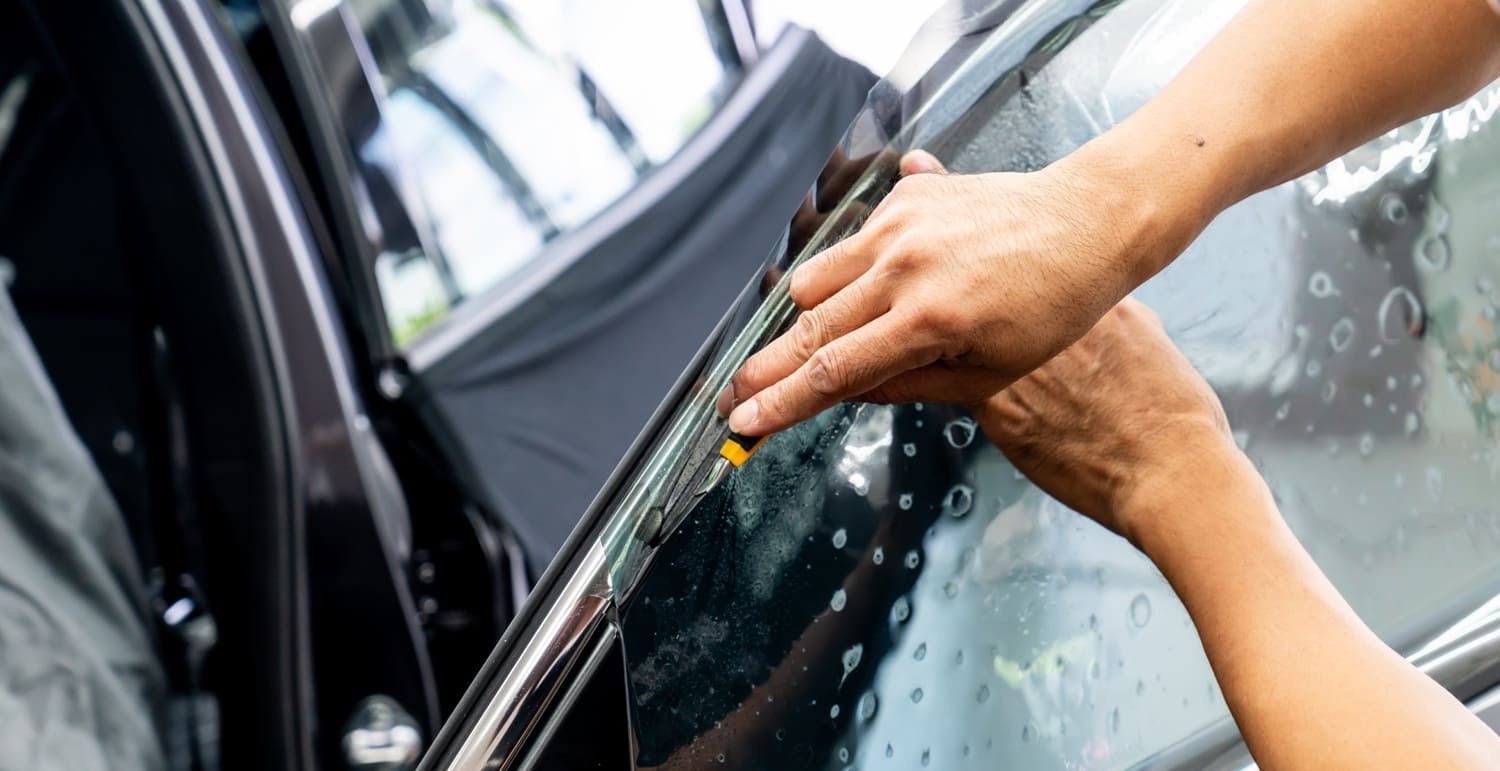The Pros and Cons of Car Window Tinting You Should Know Before Installing
Car window tinting involves applying a thin film to the interior side of a vehicle's windows. This film is typically made from polyester and is designed to darken the glass. The primary function of this film is to reduce visible light transmission, which can be adjusted according to the level of darkness you prefer. Tints come in various shades and materials, allowing you to choose the level of darkness and protection you desire.
Window tinting serves multiple purposes, from protecting the interior of your car to enhancing privacy. It can also offer additional benefits such as glare reduction and increased comfort during long drives. However, the decision to tint your windows should be informed by understanding both its benefits and limitations. A careful consideration of these factors can help ensure that your choice aligns with your personal preferences and driving needs.
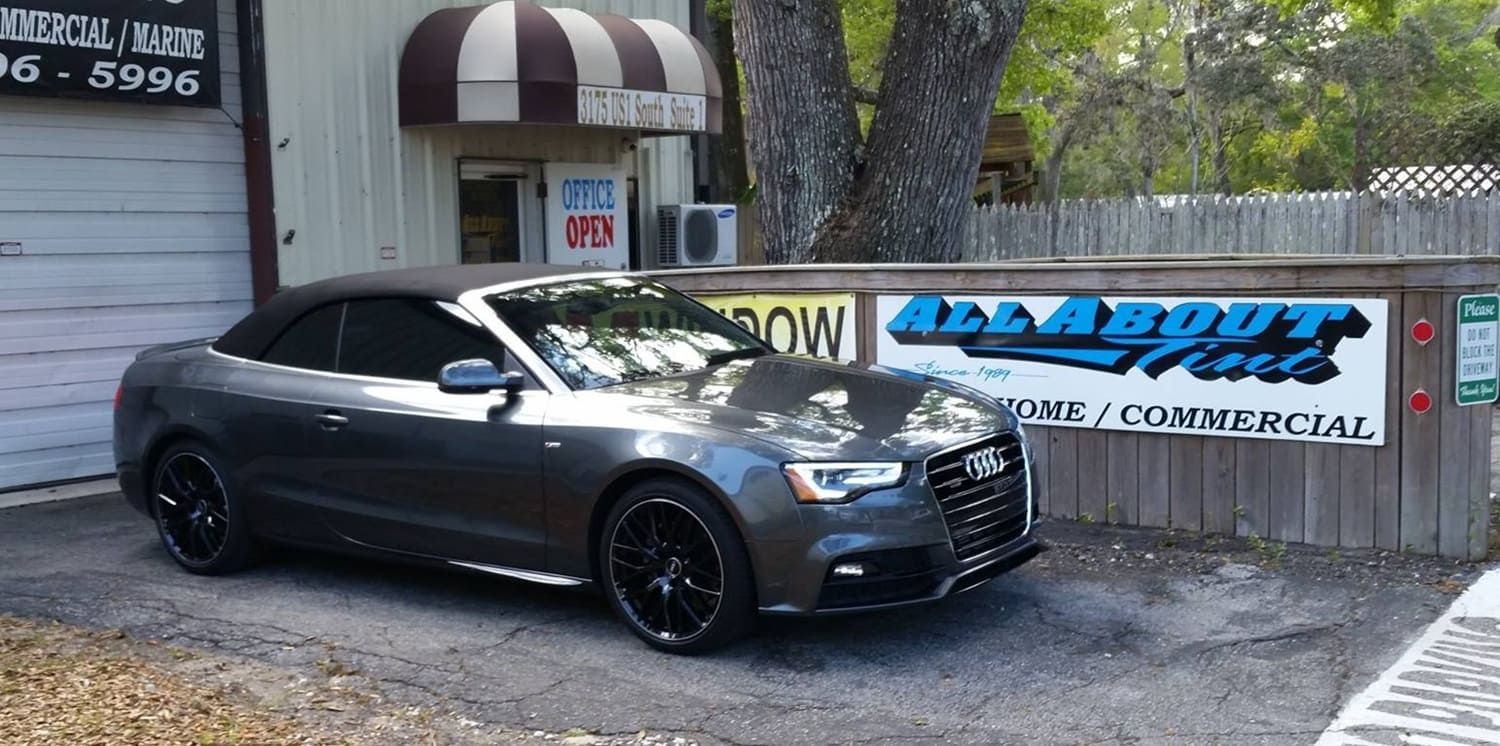
Pros of Car Window Tinting
Enhanced Privacy and Security
One of the primary reasons car owners opt for window tinting is increased privacy. Tinted windows make it harder for outsiders to see inside your vehicle, keeping your valuables and personal space concealed. This added privacy can deter potential thieves, as they are less likely to target a car if they cannot see what's inside. Additionally, the sense of security from knowing that your personal belongings are concealed can make for a more relaxed driving experience.
Furthermore, window tinting can provide a sense of personal space and comfort, making it an appealing option for those who often drive in busy urban areas. The ability to go about your daily routine without the prying eyes of pedestrians or other drivers can significantly enhance the feeling of safety and comfort in your vehicle. This is especially beneficial for individuals who value their personal space and wish to maintain a level of anonymity while on the road.
Reduced Heat and UV Protection
Tinted windows can significantly reduce the amount of heat that enters your car. This is especially beneficial during hot summer months when the sun can turn your car into an oven. By blocking a substantial amount of solar energy, window tinting helps maintain a cooler interior, reducing the need for air conditioning and consequently saving fuel. This not only enhances comfort but also contributes to better fuel efficiency, translating into cost savings over time.
Moreover, most window tints offer UV protection, blocking harmful ultraviolet rays from entering your vehicle. This protects your skin from UV damage and prevents the fading and cracking of your car's interior upholstery. Over time, this can preserve the quality and appearance of your vehicle's interior, maintaining its resale value. The reduction of UV exposure is also beneficial for your health, reducing the risk of skin-related issues caused by prolonged sun exposure.
Improved Aesthetic Appeal
For many, the aesthetic enhancement provided by window tinting is a significant draw. Tinted windows give your vehicle a sleek, modern look that can make it stand out. Whether you prefer a subtle shade or a darker tint, there's an option to suit your style while complementing the overall look of your car. This customization aspect allows car enthusiasts to express their personal style, making their vehicle uniquely theirs.
Additionally, a well-done window tint can enhance the overall design of your car, giving it a more cohesive and polished appearance. This is particularly attractive for those who take pride in the look of their vehicle, as it adds a touch of sophistication and elegance. The right tint can even accentuate the lines and features of your car, making it appear more dynamic and visually appealing.
Increased Safety
Window tints can also contribute to safety. In the event of an accident, the tint film can hold shattered glass together, preventing it from scattering and reducing the risk of injury. This added layer of protection is an often-overlooked advantage of window tinting. It can be particularly beneficial in high-impact collisions, providing an extra measure of safety for both the driver and passengers.
Moreover, the reduction of glare from the sun or headlights of oncoming traffic can improve driving safety by enhancing visibility. This is particularly useful during dawn, dusk, or in bright sunlight conditions, reducing eye strain and helping drivers maintain focus on the road. Overall, the safety benefits of window tinting make it a practical choice for those who prioritize the well-being of themselves and their passengers.
Cons of Car Window Tinting
Legal Restrictions
One of the most important considerations when installing window tints is local laws and regulations. Many regions have specific rules regarding the permissible level of tint darkness, particularly on front windows and windshields. Violating these laws can result in fines or the need to remove the tint altogether. It's crucial to check your area's regulations to ensure compliance before installation.
Ignoring legal restrictions not only puts you at risk for fines but may also affect your vehicle's insurance coverage. Some insurance companies may refuse to cover damages if the vehicle does not comply with local tinting laws. Therefore, understanding and adhering to the legal requirements is essential to avoid unnecessary complications and expenses down the line.
Reduced Visibility
While tinted windows can enhance privacy, they can also reduce visibility, especially during nighttime or in low-light conditions. Dark tints on side and rear windows may make it challenging to see pedestrians, cyclists, or other vehicles. This can increase the risk of accidents, particularly for drivers who are not used to tinted windows. It's important to consider the potential impact on visibility when selecting the level of tint darkness.
Additionally, drivers with impaired vision or those who frequently drive at night may find heavily tinted windows to be a significant hindrance. The reduced visibility can lead to slower reaction times and increased difficulty in judging distances. It’s crucial to balance the desire for privacy with the need for safe and clear visibility while driving in various conditions.
Potential for Damage
Although window tinting can protect your car's interior, it can also become damaged over time. Poor-quality tints may bubble, peel, or fade with exposure to the sun, detracting from the appearance of your vehicle. Choosing a reputable installer and high-quality materials can help mitigate these issues, but it's a factor worth considering. Ensuring proper installation and care is vital to prolong the lifespan of your window tint.
Even with high-quality materials, regular maintenance and care are necessary to prevent damage. Cleaning with appropriate products and avoiding abrasive materials can help maintain the tint's appearance and effectiveness. However, drivers should be aware that despite these precautions, environmental factors and time can still lead to deterioration, necessitating potential replacement.
Cost Considerations
The cost of car window tinting can vary widely based on the type of film, the size of your vehicle, and the complexity of the installation. While some may view this as a worthwhile investment, others may find the initial cost prohibitive. Additionally, removing or replacing window tint can add to the overall expense. It's important to consider both the initial investment and potential future costs when deciding on window tinting.
Furthermore, opting for cheaper materials or unprofessional installation to save on costs can lead to subpar results and additional expenses in the long run. Poorly applied tints may need to be redone, increasing the total cost. Therefore, investing in quality materials and professional installation initially can prevent unnecessary costs and ensure a satisfactory outcome.
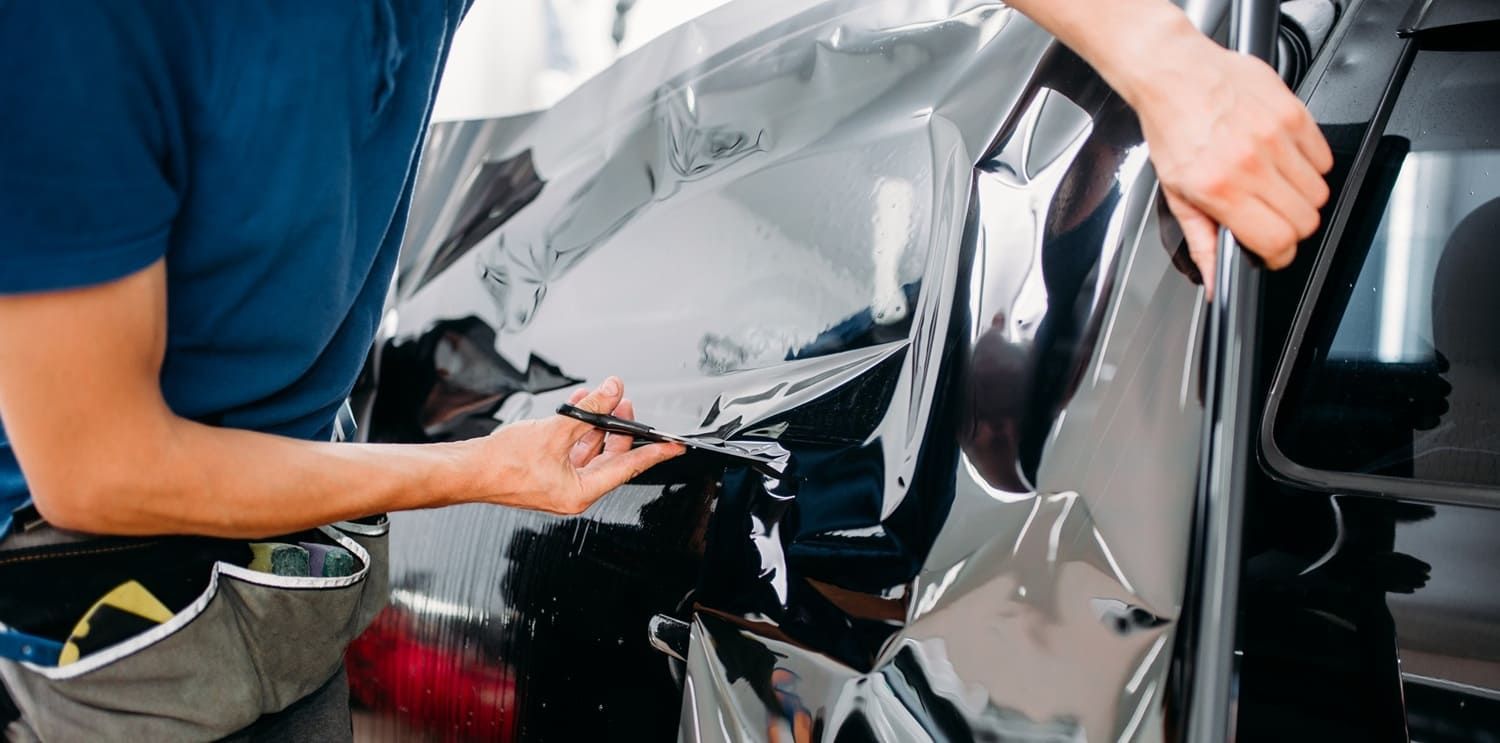
Making the Right Choice
When deciding whether to tint your car windows, it's essential to weigh these pros and cons carefully. Consider your primary reasons for wanting tinting, whether it's for privacy, aesthetics, or protection. Evaluate local regulations to ensure compliance and be prepared to invest in quality materials and professional installation to maximize the benefits. The decision should reflect your personal preferences, driving habits, and the specific requirements of your environment.
Ultimately, car window tinting can be a valuable addition to your vehicle, providing numerous advantages while also presenting some challenges. By understanding the full scope of what window tinting entails, you can make a decision that best suits your needs and preferences. It's a balance between the benefits you seek and the potential drawbacks that might impact your driving experience.
Conclusion
Car window tinting offers a wide range of benefits—from enhanced privacy and UV protection to improved aesthetics and safety. At ALL ABOUT TINT, your best window tinting installers serving St. Augustine, FL, we help you weigh the pros and cons so you can make the most informed decision for your vehicle.
While tinting boosts comfort and style, it’s also important to consider potential downsides, such as legal restrictions and reduced nighttime visibility. That’s why professional guidance and expert installation are essential.
Contact ALL ABOUT TINT today for your free estimate and expert advice on choosing the perfect tint that meets your needs and complies with Florida law.
With the right materials and a knowledgeable team, window tinting becomes a valuable upgrade—delivering long-term comfort, protection, and a sleek new look for your car.


